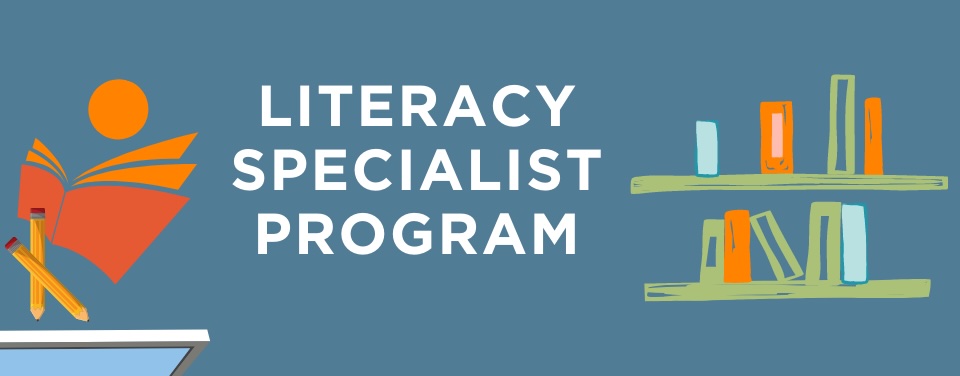Bridgette Gardner Henry
Terminal Degree: EdS | Specialization: Special Education/Reading Specialist | Year of completion: Dec of 2019
Current position: SPED Teacher
Why did you choose to pursue your master’s in reading at UT?
I chose UT for an EdS in special education & literacy because I wanted a program that focused on both literacy and special education populations. UT worked to make this blended concentration possible for me.
Early on in my career I realized that many of my students struggle with reading skills that I either did not know how to teach or did not feel comfortable teaching. Many students need intensive reading support, even at the high school level, that middle and high school teachers are not traditionally trained to provide. My goal was to expose myself to resources, methods, and experiences in teaching literacy to younger populations so that I could translate them to the population in my classroom.
How did the course of study in reading education at UT supported you in your current role?
I have been able to shift some of my focus to elementary-level reading skills. I have found that older students are now ready to learn what they did not learn in earlier grades. It may be that they were being taught something they were not ready to learn developmentally, or they may have missed it due to reasons beyond their control. Regardless, adding fundamental skills to my curriculum has given a small but very deserving population access to information they need to be successful.
Why should others consider attending the reading specialist courses and complete the certificate at UT?
Even if you do not work as a reading specialist or at the elementary level, you are likely to encounter a student who cannot write a sentence. You are likely to have a student that spells everything phonetically because they were not taught spelling patterns in a way that worked for them. You will probably have many a student who cannot get their ideas onto paper because by the time they figure out which letters to write for a single word, they have lost the idea they wanted to write.
You should take reading courses if the course you will teach involve reading.
You should take reading courses if you want to understand WHY students struggle and to learn how to help them (because some students will struggle, and if you are a teacher for the right reasons, you will want to help them).
Literacy education faculty host free virtual literacy series (#UTLitSeries)! Sessions occur once a Month and have a one-hour duration. Topics address literacy development and instruction (e.g., phonological awareness components with practices, oral language). Be sure to check out our social media pages for more information on topics and faculty hosts. All sessions are offered via Zoom, and are open to educators, parents, and policymakers. You may also access previous recordings at
Contact Information
If you have questions about the program or the course of study, please contact: Zoi A. Traga Philippakos at zphilipp@utk.edu
A222 Jane & David Bailey Education Complex
1126 Volunteer BoulevardKnoxville, TN 37996
Phone: 865-974-1920
